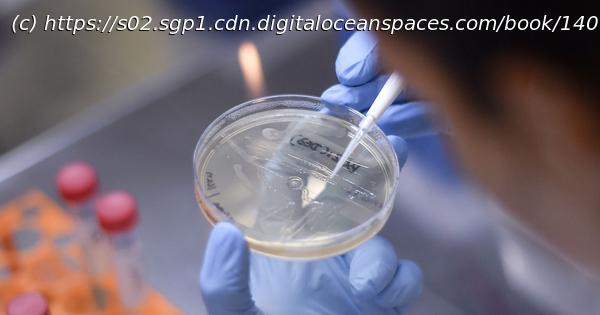The novel coronavirus strain evolves much faster than the human genome.
An important milestone in the fight against Covid-19 came in early January, when the entire viral genome of the novel coronavirus that causes the disease was sequenced for the first time. Since then, the full coronavirus genome, taken from thousands of infected patients around the globe, has been sequenced.
This vast bank of genome sequences is an important resource. Particularly as viruses such as coronavirus have a high mutation rate, with the genome sequence varying up to 0.02%. This may sound low, but considering the human genome varies by only 0.001% between individuals, it’s clear the virus mutates much faster than we do and can quickly evolve.
Sequencing the coronavirus at different points in time can tell us how it is adapting and can indicate the direction it is likely to take.
In a recent study, the London School of Hygiene and Tropical Medicine analysed the viral genome sequences isolated from over 5,000 Covid-19 patients around the world. So what does this analysis of genome variations tell us? What implications does it have for vaccines, treatments and testing? And what does it tell us about the future direction of this destructive pathogen?
All viral vaccines contain material that resembles the virus they are trying to protect against. This fools the immune system into mounting a response and producing antibodies ready to be used should it ever encounter the real thing. In the case of the coronavirus, the immune system produces antibodies that target the spike protein – the part of the virus that is used to invade our cells.
One concern is that the virus will mutate to form “escape mutants”. These are mutated versions of the virus that the vaccine-induced antibodies won’t recognise. We see this with other viruses, such as influenza. The flu vaccine has to be altered each year to counter changes to circulating strains.
Luckily, the novel coronavirus has a lower mutation rate than influenza. And while the London School of Hygiene and Tropical Medicine study identified changes in the S gene – the gene that makes the spike – of the various virus strains, mutations in this gene were comparatively rare.
Домой
United States
USA — Science What coronavirus mutations mean for its vaccine, treatment and testing






